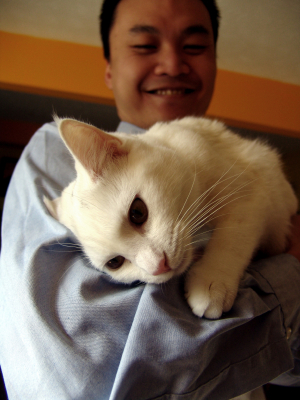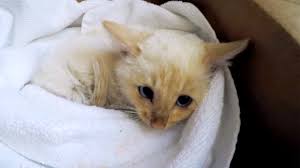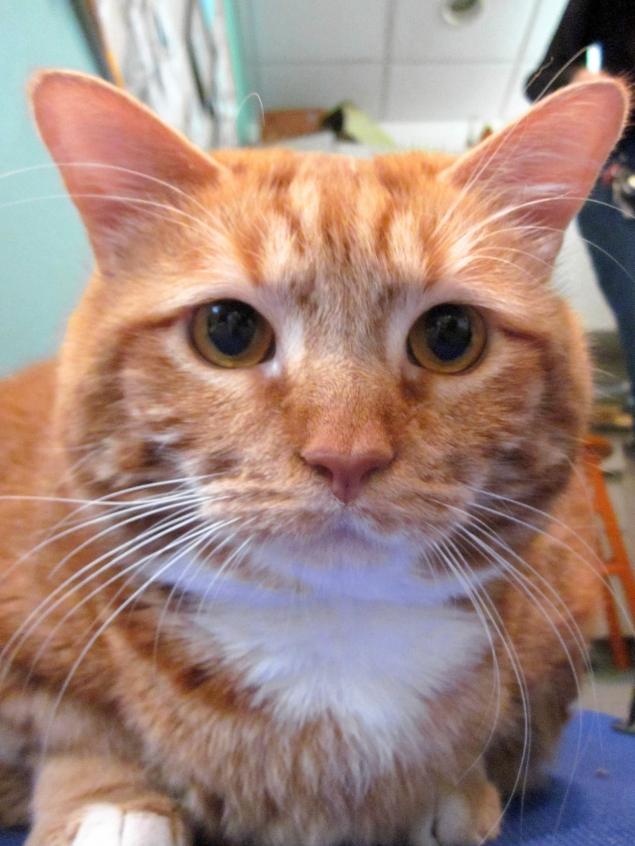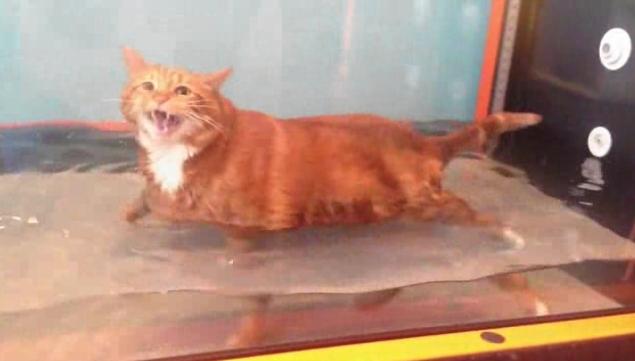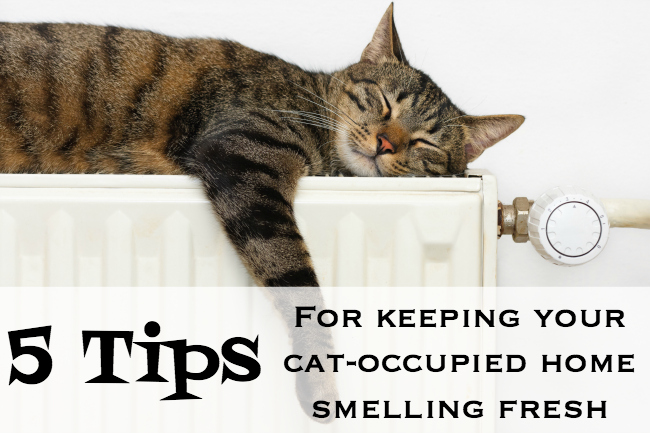
OK, so your cat has had his dinner, and is now pleading to you to let him outside, using his most convincing, nagging meowwwwwww. You oblige.
So….what’s your cat’s next move? Any number of potential adventures awaits him.
Unless your cat is Didga (see the picture above), I would suspect he is completely on his own, at will to come and go as he pleases. Here are just a few of the many options he has available to him, depending on his environment and the time he spends out there.
- He finds and chases insects (name your preference); birds; rodents and other wildlife. Keep in mind your cat is not wild, he is domesticated and not created to run wild. However, once his hunting instincts kick in, he would tell you otherwise.
- If he’s lucky enough (again, from his perspective), he will catch them, play with them, and then consume them, in part or in full. He may even bring the remains, intact or not, to your front door, as his gift to you.
- Your cat may end up very sick from eating these various vermin, which may cause him and you much distress and cost you a pretty penny at the animal hospital. If he’s fortunate, he will recover.
- Crossing the street is another routine, as your cat will undoubtedly want to get from Point A to Point B. It may be a quiet street, rarely occupied by vehicles. On the other hand, it may be a busy highway. It doesn’t matter to your cat. He will try to cross it. (Can you tell where this story is heading?)
- Your cat likes to think that all humans are kind and really, really like him, just like you do. He is trusting. Unfortunately, the world has both kind people and those who are nasty to animals.. Will he lead a charmed life and never encounter any of the nasties out there, while outdoors? We hope and pray so, but it’s not certain.
- Finally, what happens if the sunny, mild weather suddenly changes into a dark, threatening thunderstorm. Where will your cat go to seek shelter? He may run right home to you if he’s close enough, but that’s not always possible. As for me, knowing my cat might be out there cowering somewhere would really bother me to think about.
As you can see, it’s not all sun and butterflies out there. And, as you can tell, we definitely have a bias in this matter, and believe that companion cats should, whenever possible, remain indoors. However, we understand it’s entirely up to you as a responsible and cat loving human, to make that decision.
Fortunately, there are plenty of cat toys and safer diversions available for indoor cats. We invite you to go to MyThreeCats.com and check them out!
